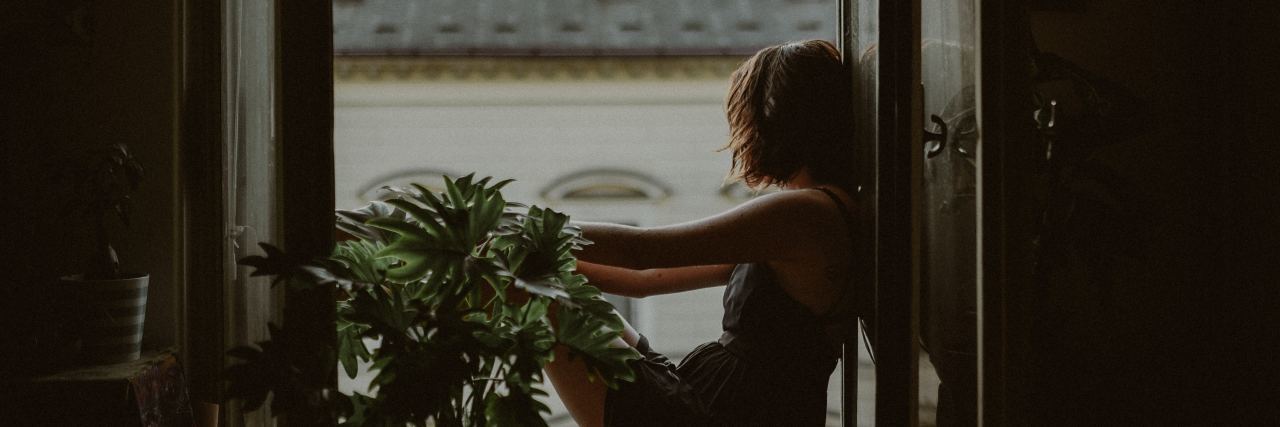We’ve all heard of depression, right? We all have an idea of what it looks like: sadness, fatigue, lack of energy, tearfulness, sleepiness, anxiety, feelings of worthlessness… sometimes suicidal thoughts. Those are maybe the classic symptoms that come to mind. But what actually causes them? Is it the same for everyone? The answer, of course, is no.
For one, there’s a difference between situational depression and major depressive disorder (MDD). OK, the symptoms can be roughly the same, but they don’t appear the same way. Situational depression, as you have probably guessed, is closely related to… your current situation. To what you’re living. It can be triggered by a variety of things: a difficult breakup, a loved one passing away, losing your job… those are classical examples, but the list goes on. Specialists sometimes refer to it as adjustment disorder, because you literally have trouble coping with what is happening to you.
Situational depression is usually short-term and disappears once you’ve managed to adapt to your “new” life. However, if you can’t make it go away, it may start messing with your brain more and develop into major depressive disorder, the “classic” type of depression that people more commonly know about. And while it can be the case, it is important to note that people can also develop MDD simply because of chemical imbalances in their brains — because of something happening inside, not outside. In that case, you’ll find it sometimes runs in families, as many mental disorders are believed to have a genetic origin. In other words, you can definitely have depression for “no reason” other than your brain not functioning the way it should. This is why it is pretty useless to say to someone who’s depressed that they have “nothing to be depressed about.” Well, your leg has nothing to be broken about, does it? The fact remains that it is broken.
I experienced depressive symptoms for the first time when I was around 11. The memories I have from this time are of a bleak, rainy week at the beginning of summer. The beginning of school holidays were always an ambivalent period, because there was the prospect of two months where I could do whatever I liked, and at the same time the first days of that freedom were… empty. I was so bored. That specific time, though, I remember feeling an overwhelming sadness. All I could think was: what’s the point? What’s the point in living if we’re all gonna die anyway? Why are we here? I don’t want to do anything, I’m so tired and so sad.
Classic feelings of sadness, emptiness, boredom, lack of pleasure in anything.
It didn’t last, though. It was pretty much supplanted by bouts of social anxiety throughout middle and high school. But it came back during my first year at university. I started feeling incredibly lonely and out of place, and this time it did not get better. I became more and more isolated and my self-esteem dropped to a critical level. I was sad, anxious, miserable, and stayed that way for years. Sure, there were periods of improvement lasting days, weeks, months even, but they were followed by relapses. Then an improvement again, and then another relapse, and so on, for years. I still struggle with depressive episodes now; in fact, I’m currently trying to recover from one.
Now, I’m not sure. But while my first experiences with depression may have been linked with changes I could not handle (like being incredibly bored, leaving my family to go to college, losing friends… it doesn’t sound that dramatic, but it seemed a big deal at the time), depression stuck with me in the long run. Today, it regularly knocks on the door.
What I know now is, it doesn’t need a reason to pay me a visit and say hi: it just does.
Photo by Kinga Cichewicz on Unsplash

